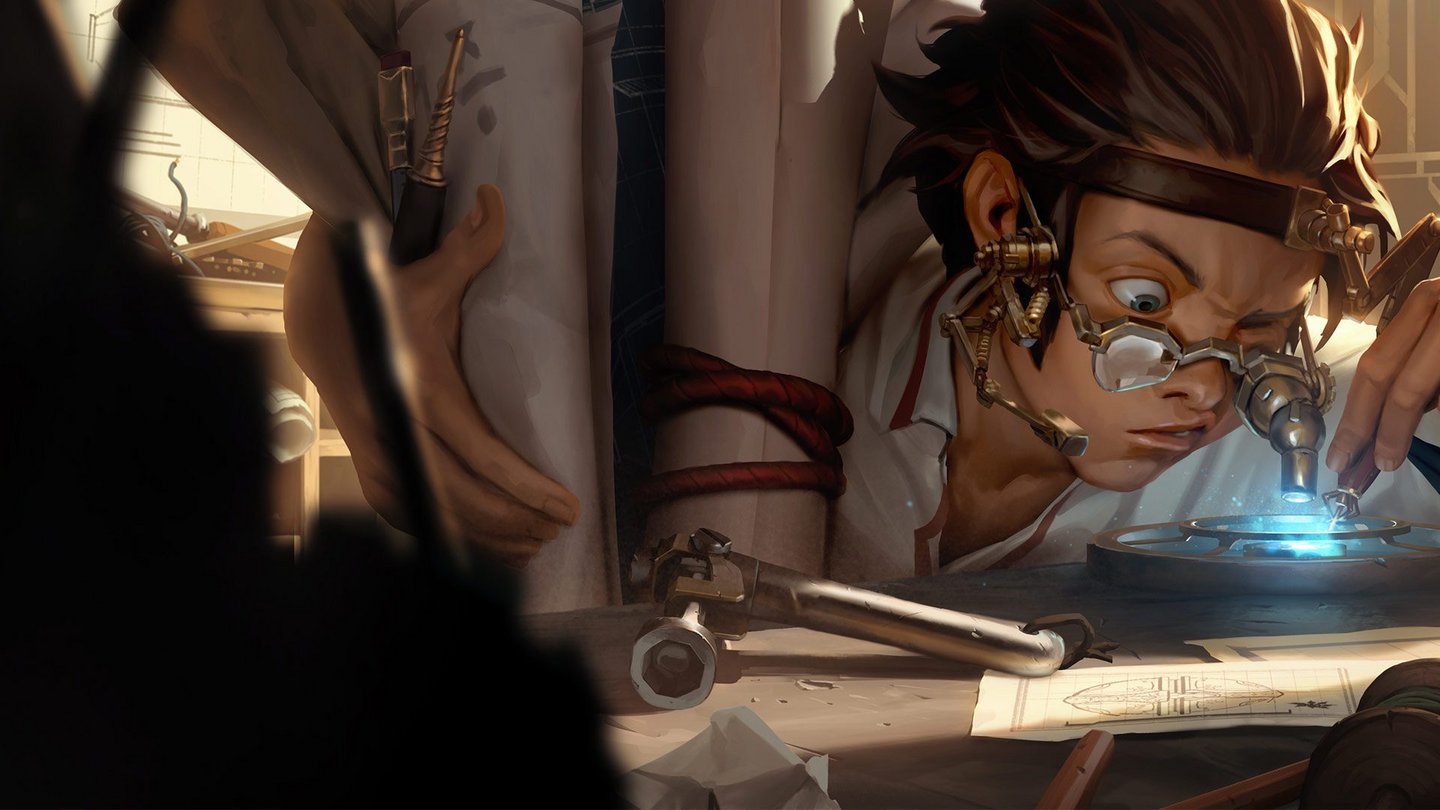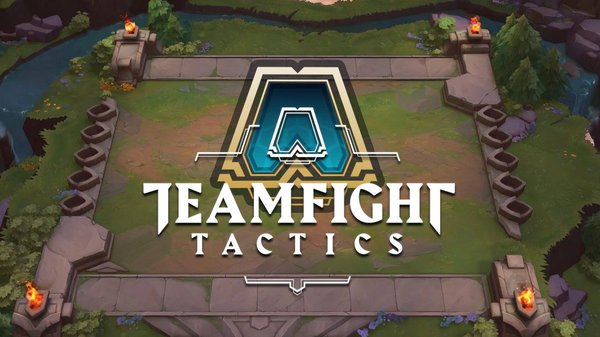Hey all,
We’re really excited to be adding Legends of Runeterra (LOR) match history into the Riot Games API and we’re excited to see the kind of products that developers create using this data. Historically, match history has been a high value source of data that results in a wide variety of products. As such, we'd like to take some time to review some high level rules that have crystallized into policy as we’ve released match history for Riot’s games. You can find these policies on the Developer Portal which we require every developer to review. Today we'd specifically like to review the section of policies related to game integrity and how they relate to Legends of Runeterra:
Reducing gameplay diversity
In Legends of Runeterra, this means (as one example) encouraging players to tunnel into specific decks rather than exploring various options. We want third-party tools to focus on giving players options and helping them explore the various deck archetypes. In card games, there is often a balance between archetypes and helping players understand that balance by finding one that’s strong against another or an archetype they’ll enjoy is an important element of keeping the game sustainably fun. Legends of Runeterra is more fun when players feel like they have multiple ways to win and are encouraged to pursue those different win conditions.
Creating an uneven playing field
In Legends of Runeterra this is a little different than in our other games and with that in mind there’s one area in particular we’d like to focus on; scouting. Scouting in a game like Legends of Runeterra creates a strong advantage for a player. It’s important that both players play the game on a level playing field and while tips on how to play against a deck archetype is okay, providing privileged information about a player by sifting through their match history isn’t.
Playing for the player
In Legends of Runeterra, this would look (for example) like placing enough information in players’ hands that the cards they play are decided for them by a third-party product. Pushing players to play specific cards and account for specific threats explicitly chips away at the players agency, circumvents a key skill challenge and ultimately, if everyone is following the same list of recommendations, reduces gameplay diversity. At a high level, giving a player tips to think about at the start or end of the game is an experience we think is healthy, while pushing players to act or think a specific way during the game is less so.
All of these concepts are connected, and they keep coming up in our design discussions, so we wanted to provide them as high-level guidance when third parties design their own products. These are very much not confined to Legends of Runeterra, so keep them in mind as you work on products for any of Riot’s games.
With all that said we wanted to share with you the general structure of the schema for Legends of Runeterra match history. If you have any questions or concerns feel free to ask them on the Developer Discord or message us on Twitter.


